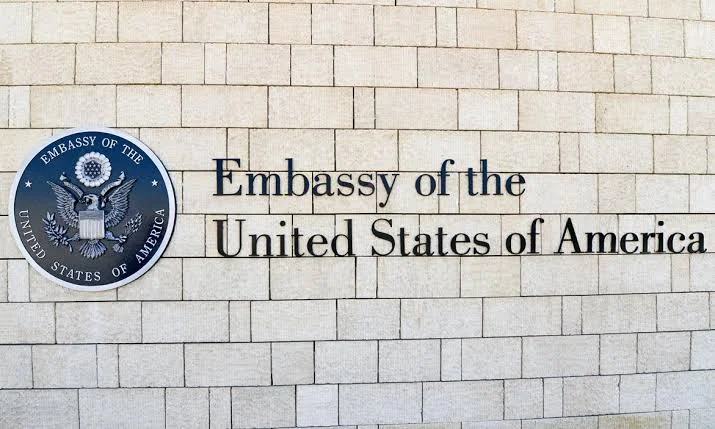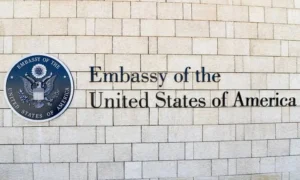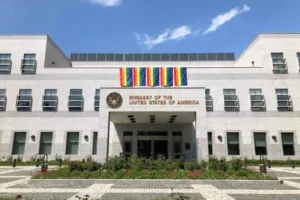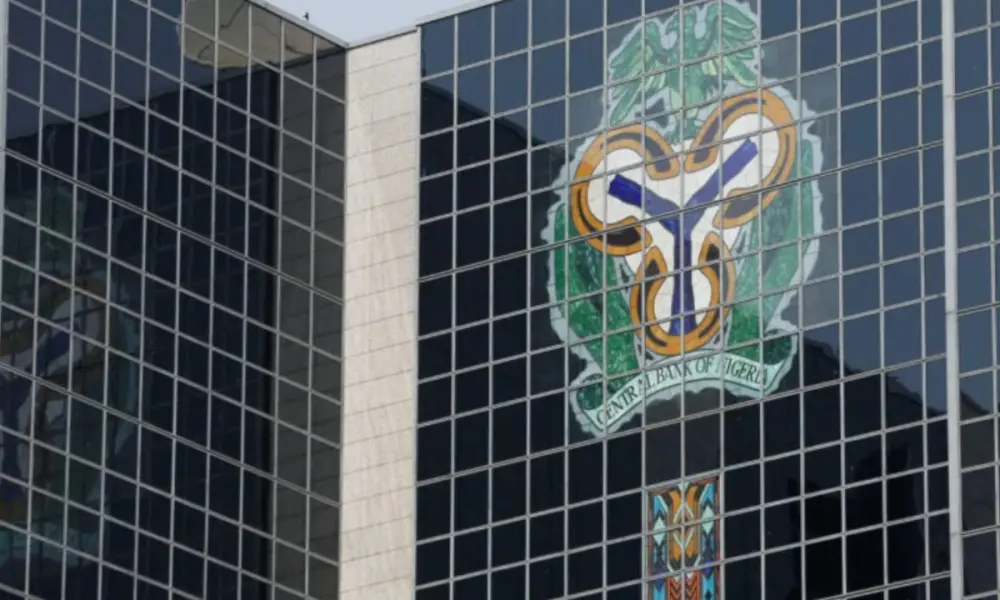
US Shutdown: Visa and Passport Services to Continue
- Foreign News
- 03.10.2025
- No Comment
- 14
US Shutdown: Visa and Passport Services to Continue in Nigeria – Embassy Confirms
The United States Embassy in Nigeria has confirmed that visa and passport services will remain operational despite the ongoing partial US government shutdown.
In a public notice issued through its official X (formerly Twitter) account, the embassy reassured Nigerians that their travel plans, student visa appointments, and consular services would not be disrupted for now.
The update comes amid growing concerns that Washington’s budget impasse could negatively affect thousands of Nigerians preparing for travel, studies, and business engagements in the United States.

According to the embassy:
“Due to the lapse in appropriations, this X account will not be updated regularly until full operations resume, with the exception of urgent safety and security information.
At this time, scheduled passport and visa transit services in the United States and at U.S. Embassies and Consulates overseas will continue during the lapse in appropriations as the situation permits.”
This means that while social media communication may be limited, visa processing and passport applications in Nigeria will proceed without interruption.
The embassy, however, advised applicants to remain alert to any further updates on travel.state.gov, especially if the shutdown prolongs.
The shutdown began after US lawmakers and former President Donald Trump failed to reach a budget deal.
At the heart of the dispute is a disagreement between Democrats, who demanded increased healthcare funding, and Republicans, who opposed it.
Trump defended the shutdown, claiming it was 
necessary to cut what he described as “wasteful Democratic programs.”
This shutdown is the first major closure since the record 35-day shutdown nearly seven years ago, also during Trump’s administration.
Historically, Congress has engaged in last-minute negotiations over spending bills, often averting shutdowns. But in this case, no compromise was reached in time, leading to federal closures.
A US government shutdown occurs when Congress and the President fail to pass a funding plan, leading to partial closure of government agencies.
The Congressional Budget Office estimates that around 750,000 federal workers could be sent home without pay each day until a new deal is approved.
Despite the funding lapse, some services will continue:
- The US military will remain operational.
- The postal service will continue delivering mail.
- Social welfare programs such as Social Security and food stamps will still be provided.
However, non-essential services and federal workers not classified as critical will face furloughs, with paychecks delayed until the shutdown ends. This has historically caused economic disruption and frustration among public sector workers.
For many Nigerians, the prospect of a prolonged shutdown raised alarms about possible delays in visa processing, passport renewals, and student travel plans.
Each year, thousands of Nigerian students and professionals apply for visas to pursue academic and career opportunities in the US.
Any disruption could have had ripple effects on university admissions, business trips, medical travels, and family reunifications.

The embassy’s statement provided much-needed clarity, assuring that services such as immigrant and non-immigrant visas would not be halted. Applicants have been encouraged to keep their appointments and monitor embassy communications for any changes.
Since the modern budget process was introduced in 1976, the United States has experienced 21 government shutdowns.
These range from brief weekend closures to the record-setting 35-day shutdown during Trump’s first term.
Shutdowns typically occur when political parties fail to reach an agreement on federal spending bills, often using them as leverage in broader policy disputes.
While most shutdowns are short-lived, they have significant impacts on government workers, contractors, and international partners. For instance, during previous shutdowns, some visa and passport services were delayed due to staffing shortages.
Unlike other federal agencies, the State Department largely operates on fee-based funding rather than congressional appropriations.
This means that consular services, including visas and passports, are funded by application fees paid by applicants.
As a result, services can continue even during a government shutdown, provided sufficient funds remain in consular accounts.
However, if a shutdown drags on for weeks or months, there could be gradual slowdowns, particularly if staff morale declines or if certain operational expenses are delayed due to restricted budgets.
The embassy has advised Nigerians seeking US visas or passport services to:
- Keep scheduled visa and passport appointments unless notified otherwise.
- Monitor the official travel.state.gov website for verified updates.
- Prepare for possible delays if the shutdown continues beyond a few weeks.
- Ensure that all application documents are complete to avoid unnecessary processing hiccups.
Students and professionals with urgent travel dates have been urged to plan ahead and keep in contact with their universities or employers for support in case of delays.
While the US government shutdown has raised uncertainty in Washington and beyond, Nigerians can remain assured that visa and passport services at the US Embassy in Nigeria will continue as normal.
By funding these services through applicant fees rather than direct congressional appropriations, the State Department ensures continuity of operations even during political deadlocks.
Nevertheless, Nigerians are encouraged to remain vigilant and prepared, especially if the shutdown lingers.
FAQs on US Shutdown and Visa Services
1. Will the US shutdown affect visa processing in Nigeria?
No. The embassy has confirmed that visa services will continue despite the shutdown.
2. Why are consular services not affected?
Visa and passport services are fee-funded, meaning they are financed by applicants and not congressional appropriations.
3. How many shutdowns has the US experienced?
The US has recorded 21 shutdowns since 1976, including the longest one which lasted 35 days.
4. What services in the US are affected by the shutdown?
Federal workers face furloughs, while essential services like the military, postal service, and Social Security continue.
5. Where can Nigerians get updates on visa services?
Nigerians should check travel.state.gov for official updates from the US State Department.







